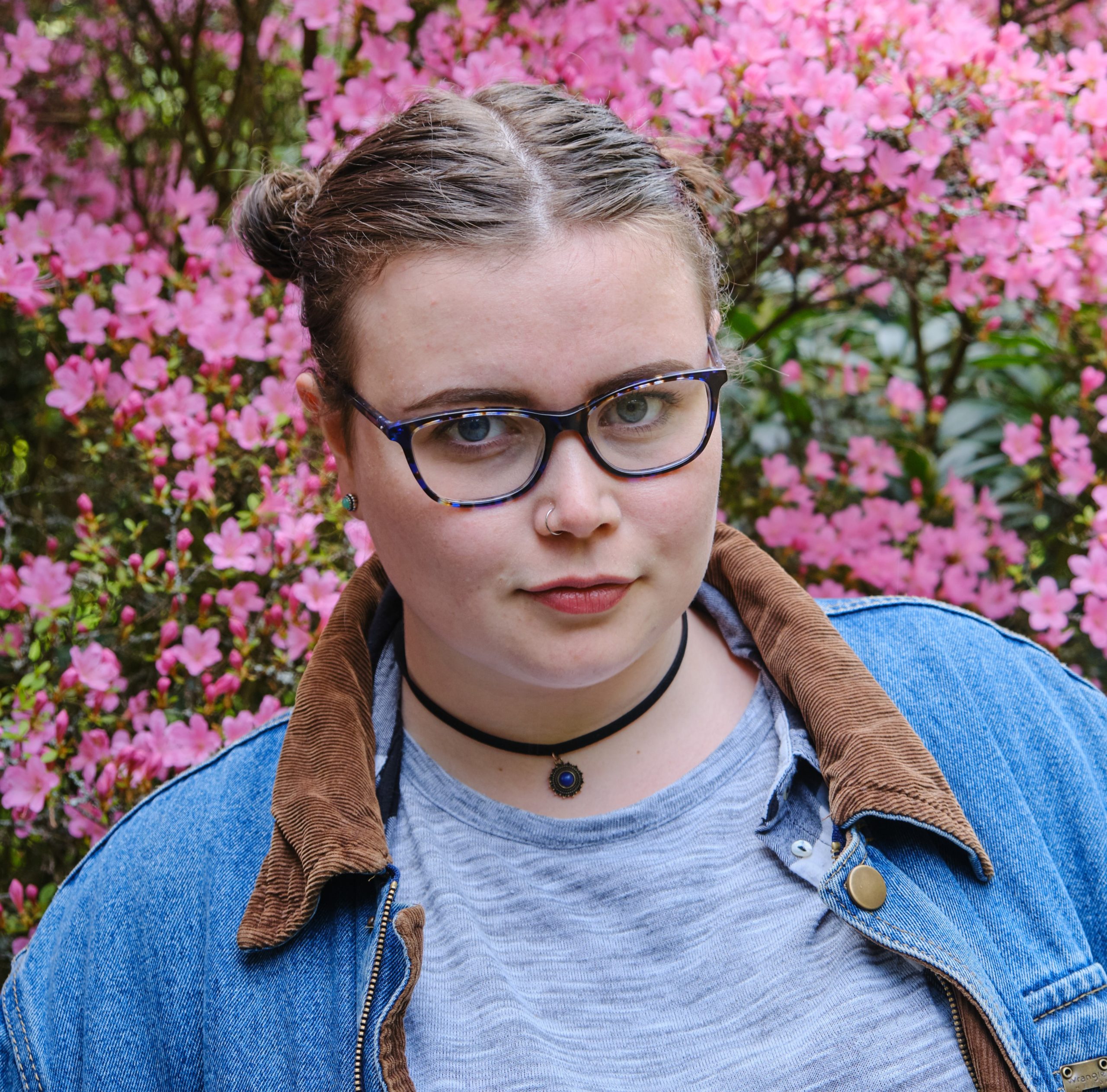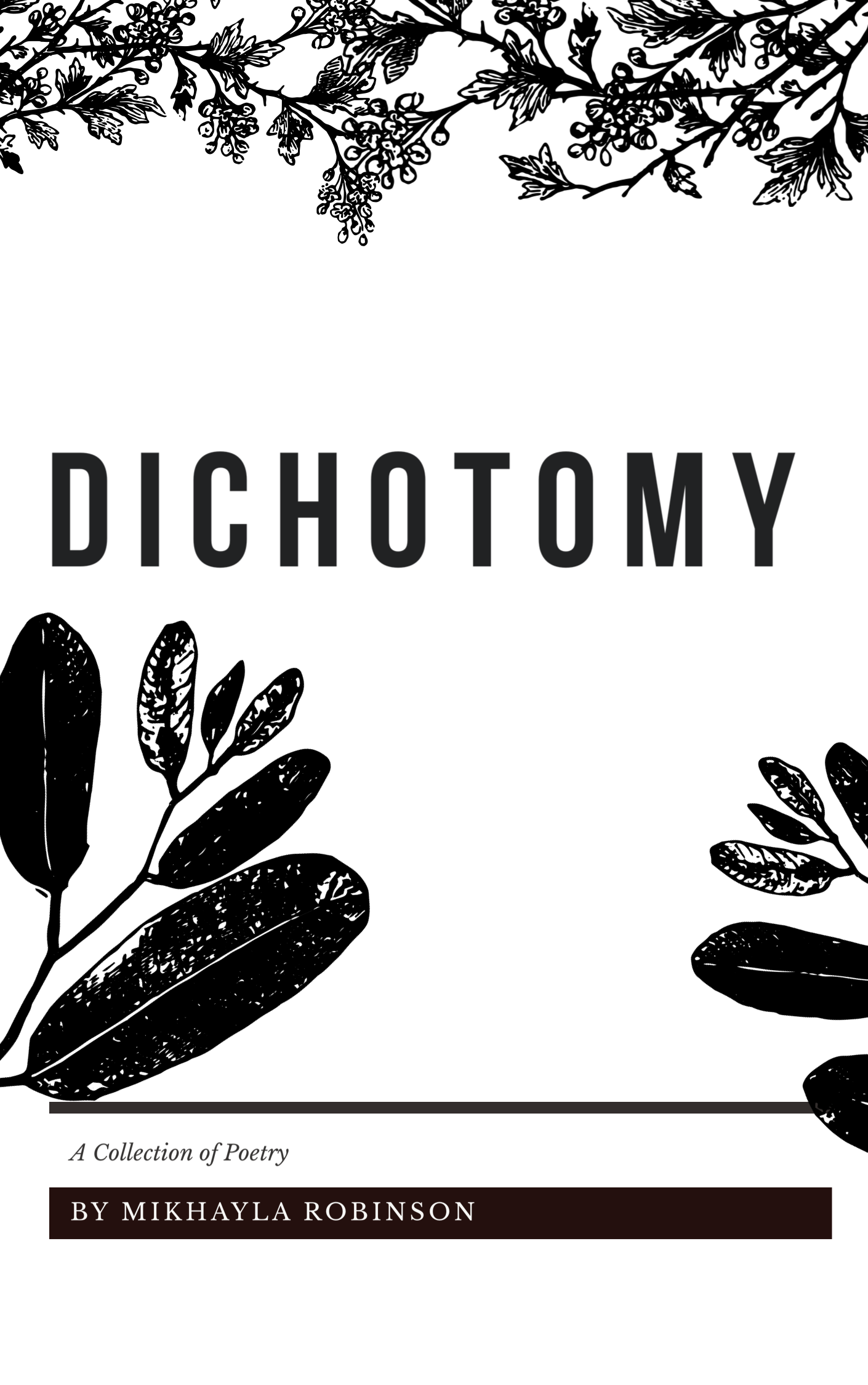 Dichotomy
Dichotomy
by Mikhayla Robinson
Publication Date: 24 March 2020
Nightingale & Sparrow Press
Genre: Poetry
Dichotomy is a poetic recollection of my memories, favorite, moments, thoughts, and queries as young Black woman. They are about confidence, hurt, pain, sorrow, relationships, and surround every aspect of my life. As a marginalized individual, I grew up reading books that painted Black women as the side characters, or static individuals who had no substance. We were just playing supporting roles to the system around us. In Dichotomy, I deconstruct the notion that we are not allowed to dream, to want, to desire, to contest wrongdoings, and to express our feelings of hurt and pain.
Print | Kindle | Digital PDF
About the Author
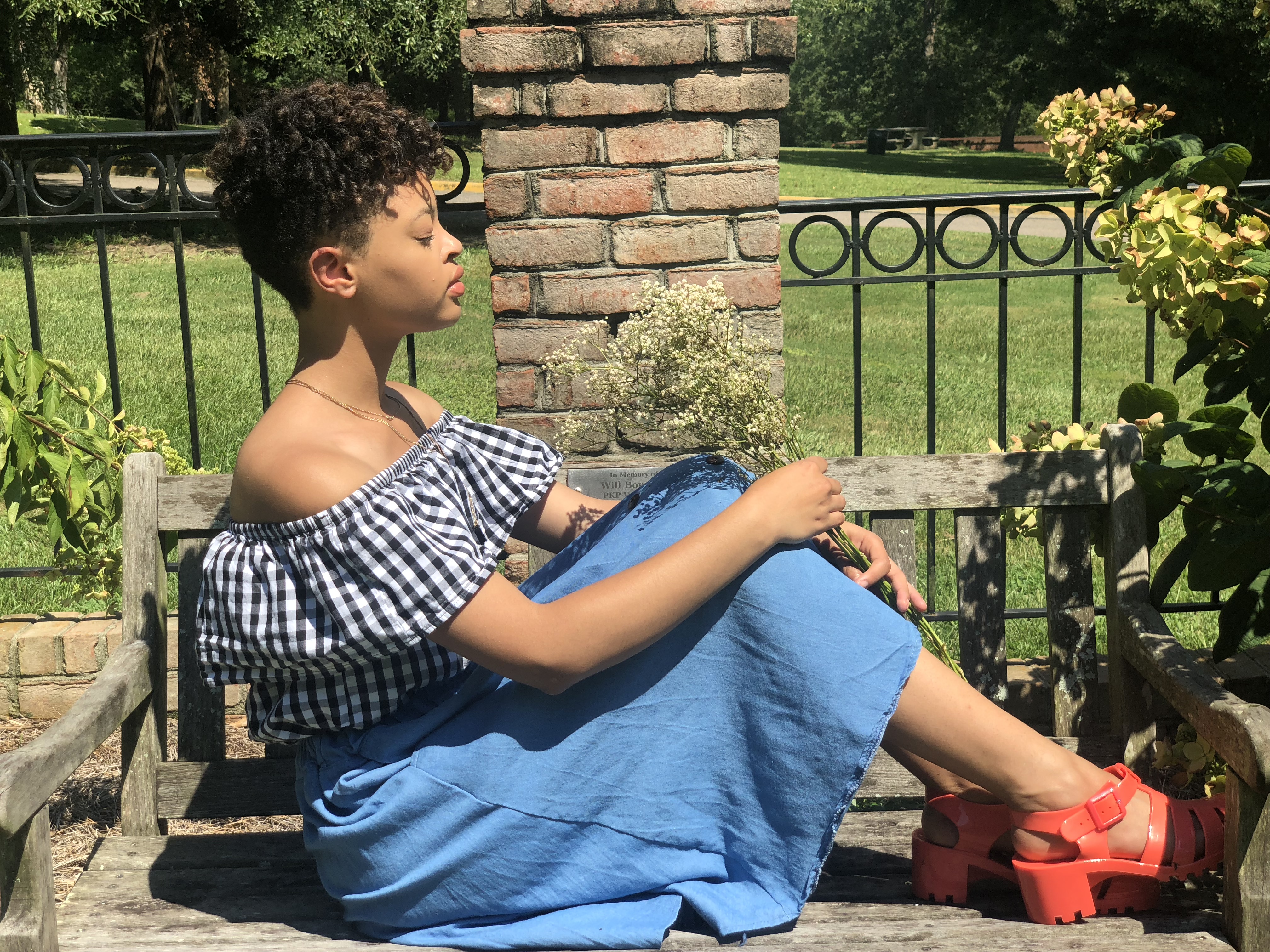
Mikhayla Robinson is a nineteen-year-old Augusta, Georgia native. She was born to her parents Janet and Vincent Robinson, and has two siblings: Sara and Olivia Robinson. Mikhayla has been writing for all of her life. She attends The University of Georgia, where she studies Journalism and Mass Communications, and plans on minoring in art. Mikhayla loves to write poetry, short stories, and prose. She also plays the piano, cello, and the guitar. Additionally, she is an advocate for Black mental health, an activist, and part of the Black Lives Matter Movement. Dichotomy is Mikhayla’s first published book of poetry.
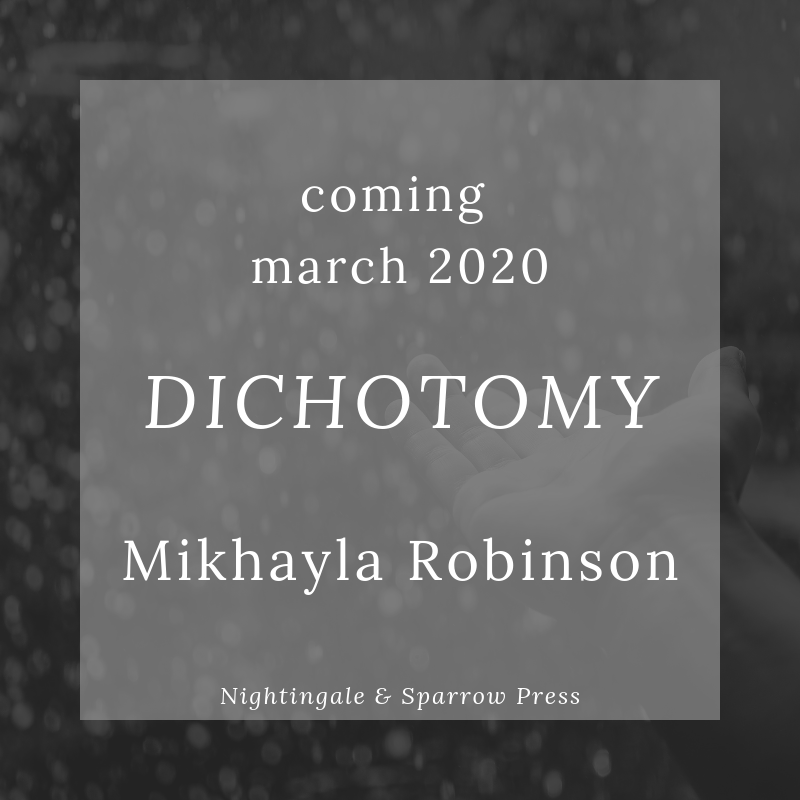
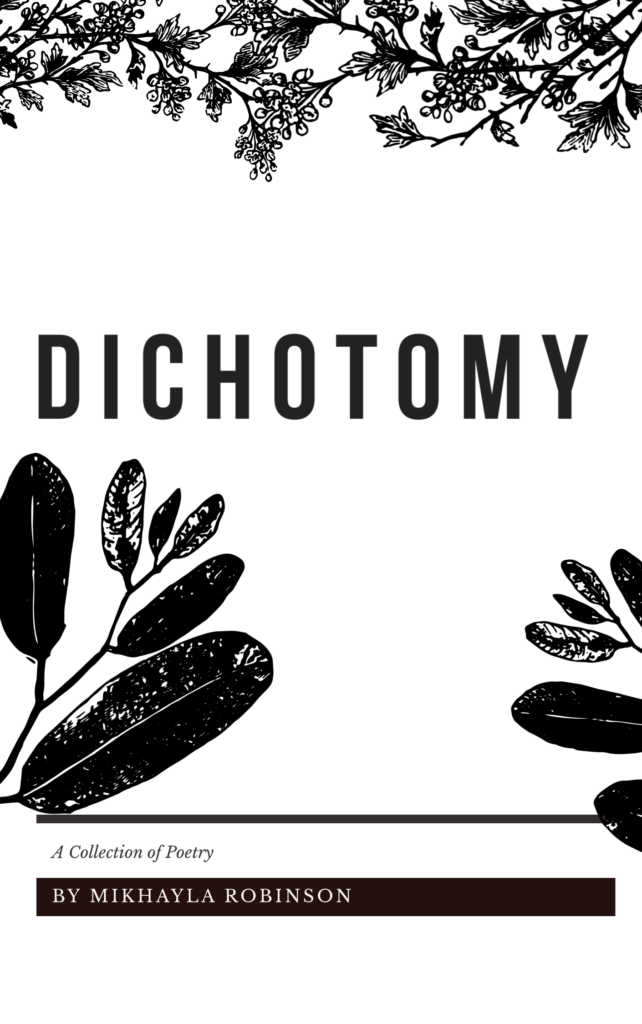
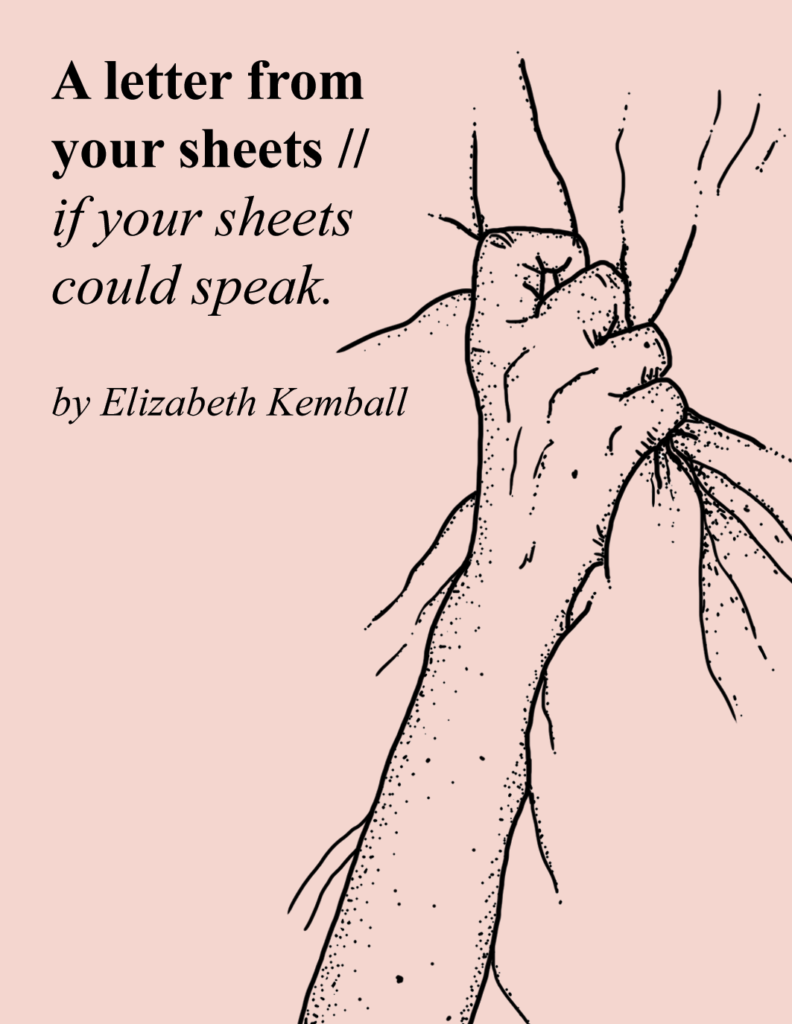
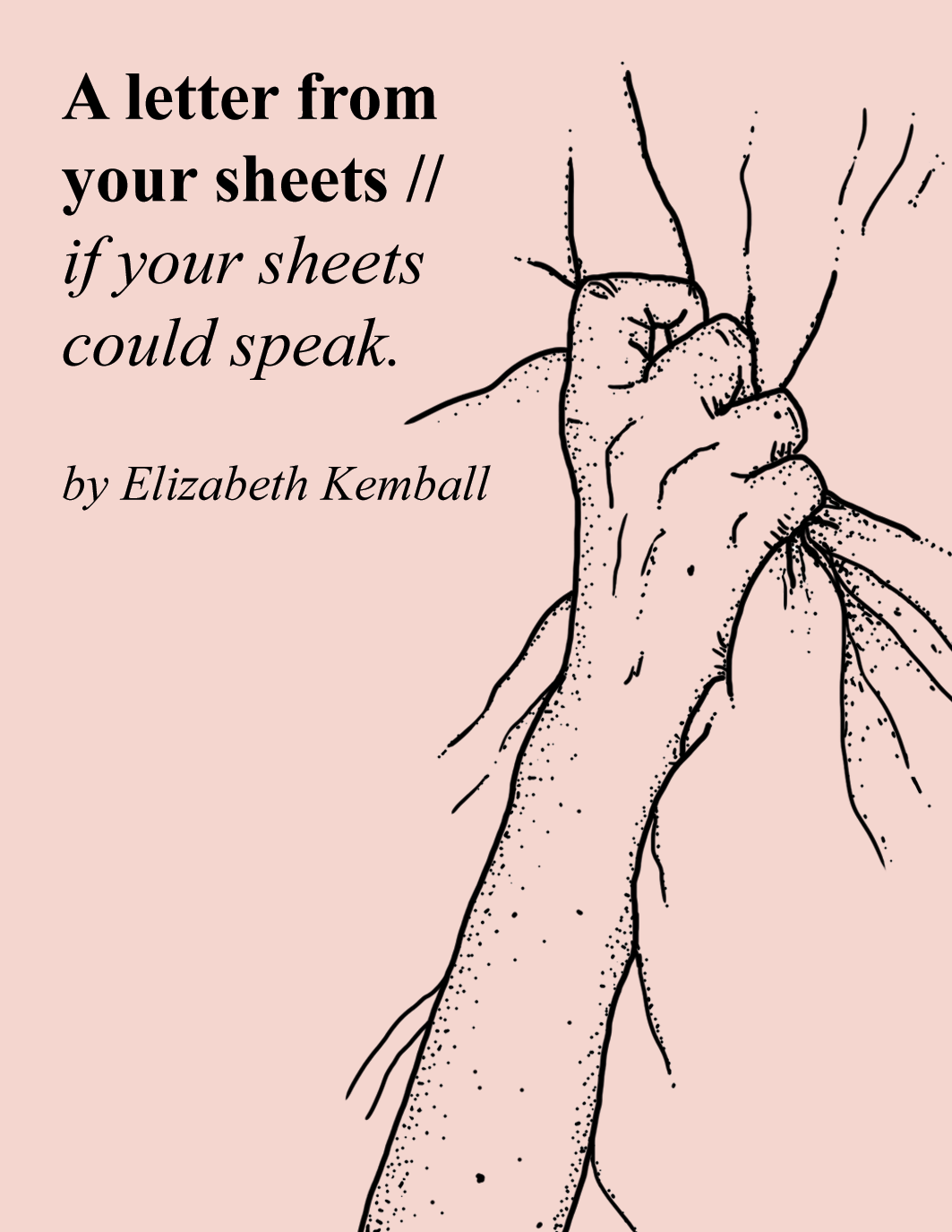 A letter from your sheets// if your sheets could speak.
A letter from your sheets// if your sheets could speak.